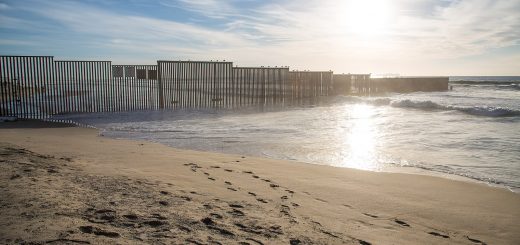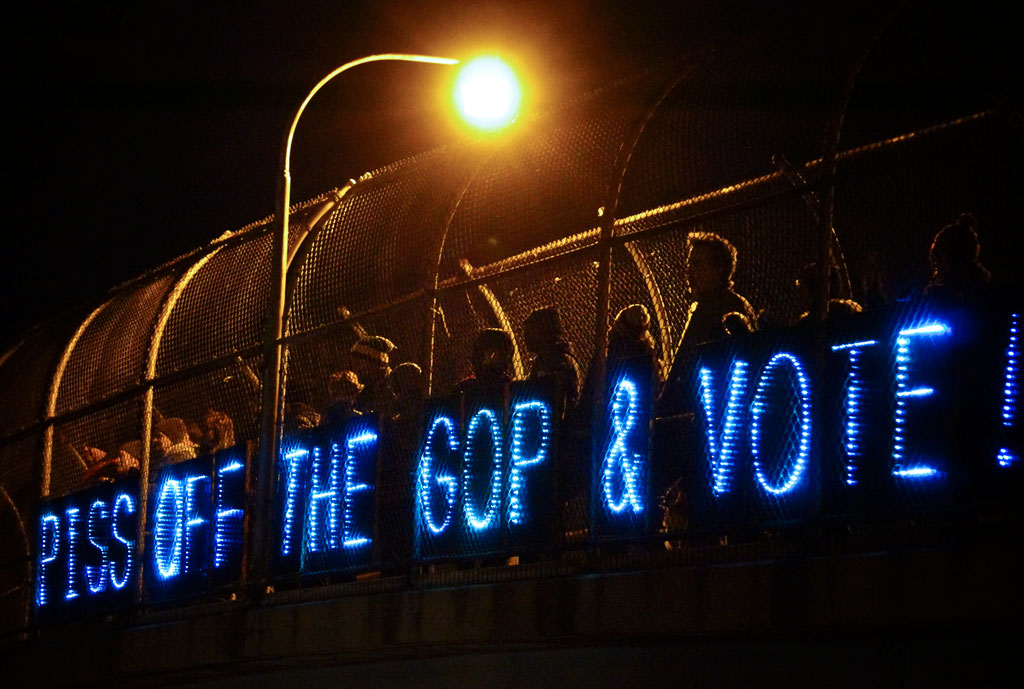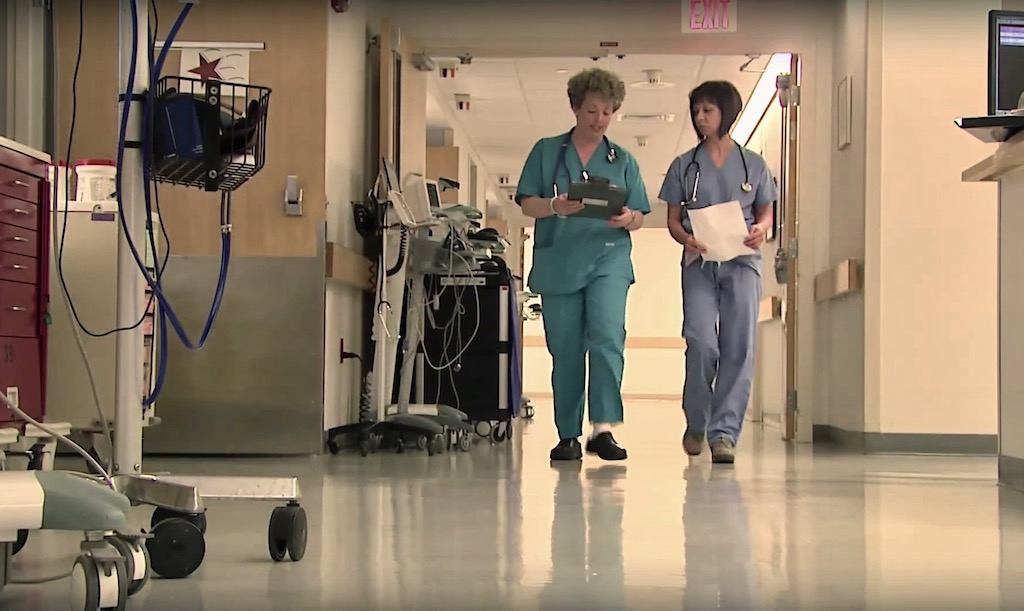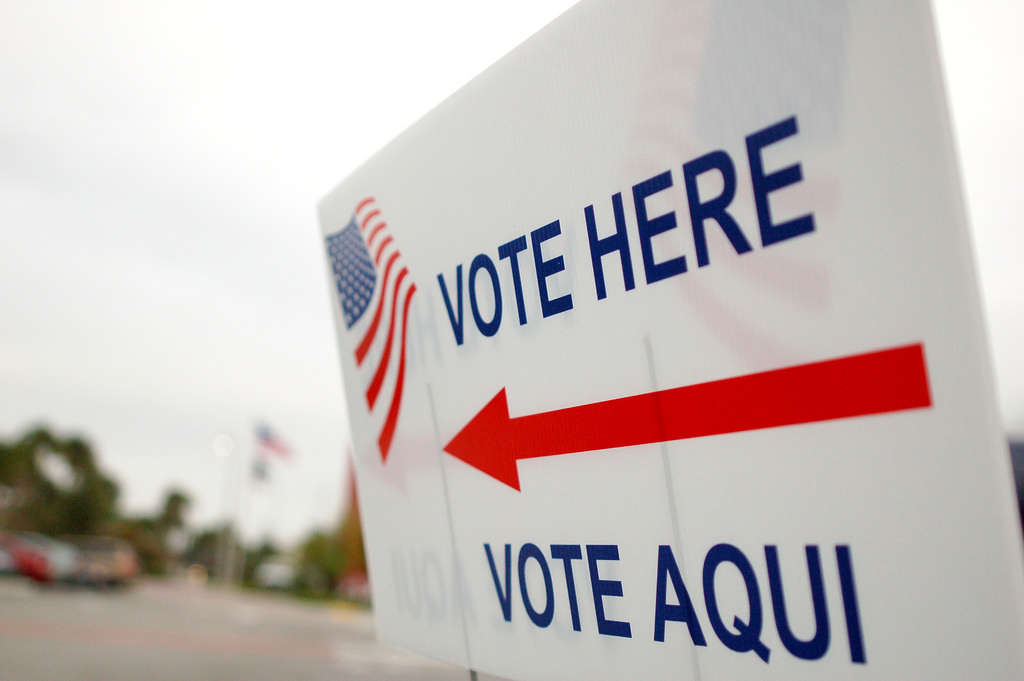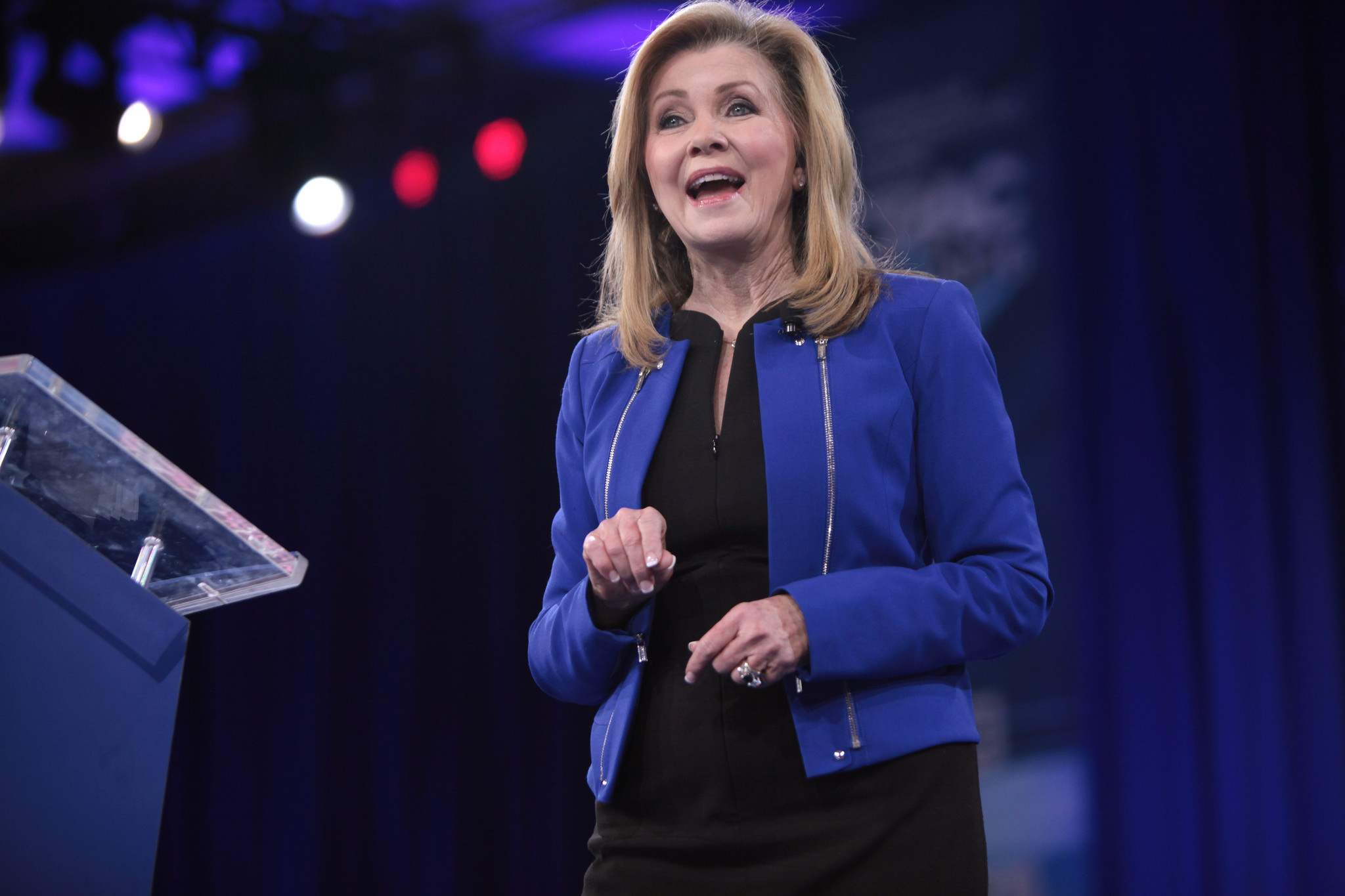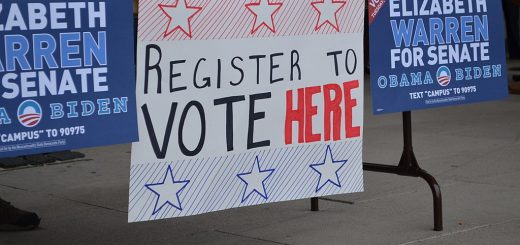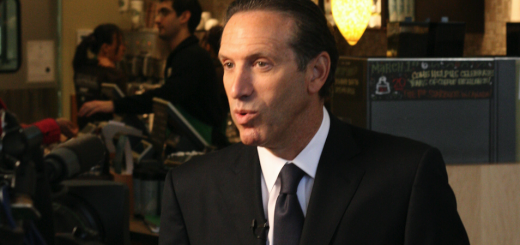When Massachusetts elections really take place and why that needs to change
Tuesday, November 6 was a record-setting day for democracy in Massachusetts. We had the highest voter turnout of any midterm election and the highest turnout in 24 years. Candidates at the top of the ballot like Senator Elizabeth Warren, Governor Charlie Baker, Attorney General Maura Healey, and Congresswoman-elect Ayanna Pressley – as expected – were victorious.
These one-sided, insurmountable victories demonstrate the insignificance of the general elections in the Commonwealth of Massachusetts. The state primary, on the other hand, is the single-most important day for voters to hold elected officials accountable in this state. This year we saw contested primaries in the state legislature, Congress, and the governor’s office.
But look at the turnout. While Election Day turnout was historic, Primary Day turnout was an abysmal 22 percent. And while it was a significant increase from previous years, turnout has ranged from 9 percent to 18 percent between the years of 2010 and 2016.
Compare those numbers to Election Day, where it is projected that 60 percent of voters turned out – by far exceeding any estimates from the state.
Indifference to primaries greatly undermines accountability, opinions, concerns, and representation. It is undeniably clear, given recent results and other previous elections, that primaries overwhelmingly decide the outcomes of our November elections. We are allowing a small minority of voters speak on behalf of the rest of us.
This is neither a Democratic problem nor a Republican problem. It is a Massachusetts problem.
How are we supposed to hold elected officials accountable when they are cruising to victory and facing no real challengers?
Neither should voters be blamed for being unable to turnout the day after Labor Day; a time most families spend away – before school begins for some, others go off to college, and the rest return to work. Yet, this isn’t a new problem for us. But we continue to hold primaries in September and are faced with embarrassingly low voter turnout.
Massachusetts’ law requires state primaries to be held on the seventh Tuesday before the general election and federal law also requires a 45-day period for military personnel to cast their absentee ballots. The result? Primary Day falling during a hectic time in everyone’s lives. Family trips, holidays, back-to-school obligations, bills due, and other concerns prevent us from being an engaged electorate.
Rather than continue to fixate on a date in September that will not interfere with people’s personal lives, why doesn’t Massachusetts push back its primary date altogether? After all, we are only one of five states to hold primaries in the month of September.
Pushing back the state primary to a set date in May, June, July, or even August – like most states – would make life much easier for voters to be engaged during the single-most important election in Massachusetts. It would fix the problem of one-sided, uncontested elections by giving campaigns enough time to prepare their outreach efforts. It would give voters the time to learn about their party’s nominee. It would give candidates like Jay Gonzalez and Geoff Diehl the much needed time to increase their name recognition in parts of the state that are otherwise disenfranchised from a lack of outreach by candidates and their campaigns. Above all, it would allow us to hold elected officials accountable.
I am in no way trying to undermine the importance of Election Day. As we just saw, referendums are an important part of our democratic institutions and can be crucial to the wellbeing, security, and equality of our communities. Needless to say, Question 3 demonstrated the importance in turnout and participation. Instead, I argue that the same captivating enthusiasm from Election Day should translate to primaries.
I also understand that changing the time of primaries could lead some to believe that it is an attempt to undermine intraparty challenges by giving incumbents an advantageously short primary. Contrary, this would give all candidates ample time to begin campaigning months in advance, during the entirety of spring, and the rest of summer and fall for the general election.
When a minority of voters are determining the outcomes of our elections, all of Massachusetts loses. What is important to the 22% of voters who turned out in the primary may not be what’s on the minds of the 60% that turned out on Election Day. That is why it is critical for Massachusetts to pass legislation like the S.391, An Act for Primary Election Reform.
This bill would create stability and clarification by setting the primary for the third Tuesday in May, give candidates ample time to campaign, and eliminate the barriers that prevent us from participating in democracy. It is the responsibility of the Commonwealth to facilitate your unalienable right to vote. It is long overdue that you demand so from your state legislators and governor.
